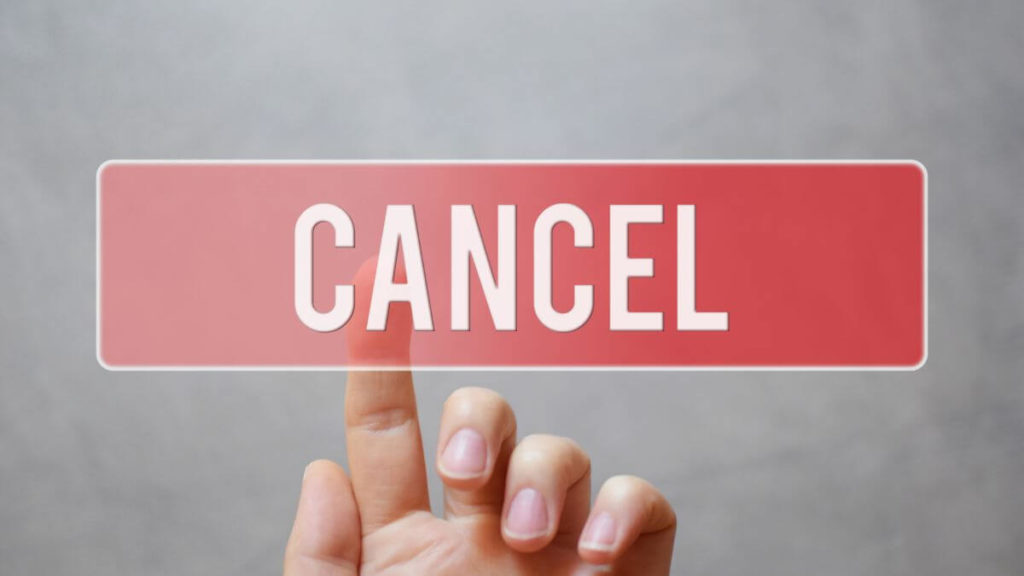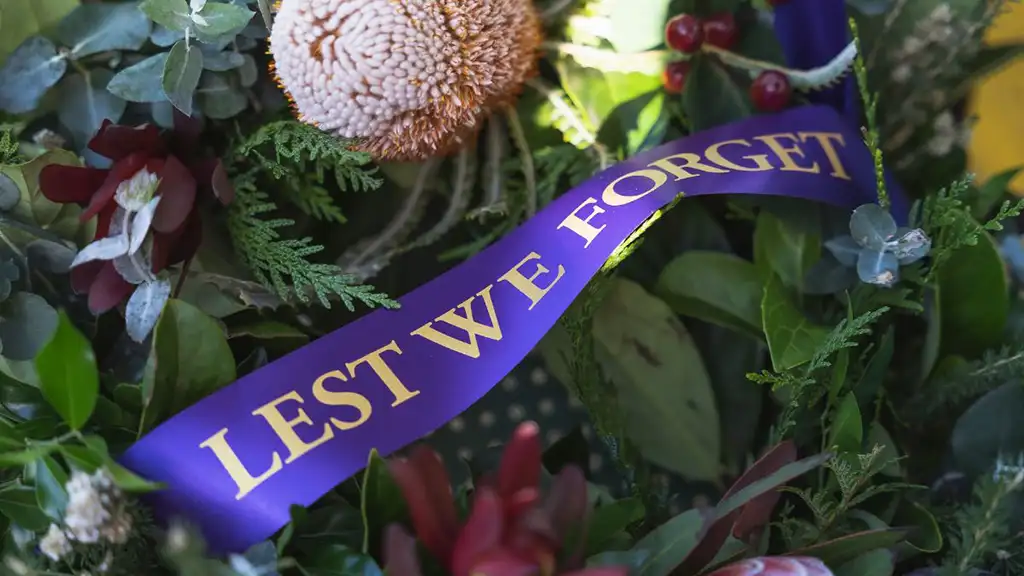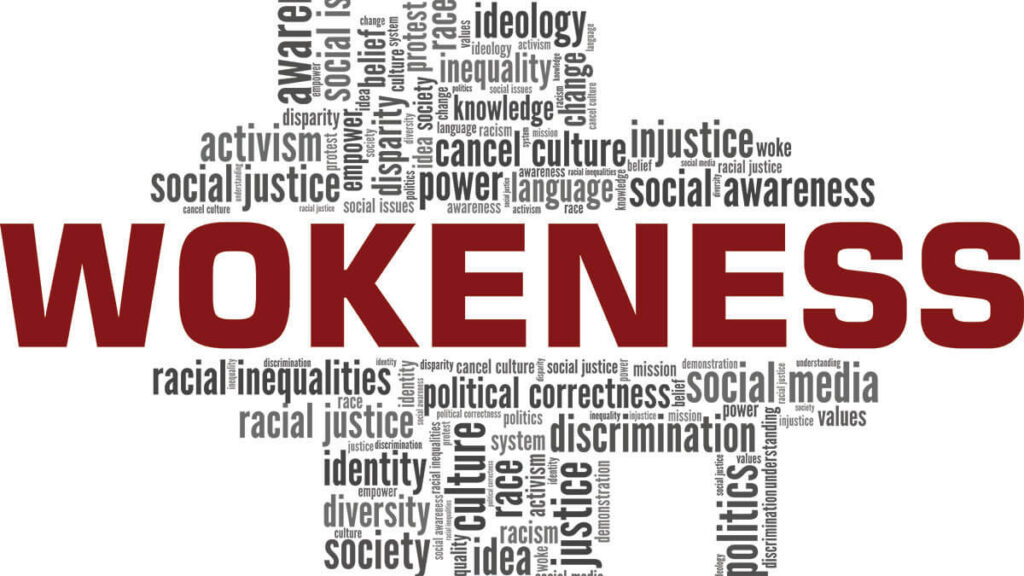America Has Forgotten How to Forgive
The Atlantic 20 March 2021
Family First Comment: “In March, the publisher of Teen Vogue announced that Alexi McCammond, a 27-year-old former reporter for Axios, would not be taking over as editor of the magazine after all. She had been done in by her own social-media posts, little time bombs she’d unwittingly armed when she tweeted them – AT AGE 17!!! She apologized for the tweets in 2019. The Teen Vogue staff discovered these comments, spurned the apology, and revolted. I suppose a magazine aimed at teens and preteens would strain to acknowledge what every adult knows, which is that the entire point of being a teenager is to make and correct the most mortifying errors of your life. Then, at some vague point when the first digit of your age is no longer a 1, you experience a cleansing bonfire of your sins, and your adult permanent record begins.”
Culture is forgetting how to forgive.
Yesterday afternoon, Condé Nast, the publisher of Teen Vogue, announced that Alexi McCammond, a 27-year-old former reporter for Axios, would not be taking over as editor of the magazine after all. She had been done in by her own social-media posts, little time bombs she’d unwittingly armed when she tweeted them at age 17. Those posts groaned about her “stupid asian T.A.” and mocked Asians’ “swollen eyes.” She apologized for the tweets in 2019. The Teen Vogue staff discovered these comments, spurned the apology, and revolted.
My own half-swollen eyes widened at this news. McCammond’s tweets are a kind of denigration familiar to Asian Americans—an expression less of hatred than of social difference. If you regard Asian people as a distinct social type, never conceivably overlapping with your own circles, ineligible for friendship or romance or conversation, you might think that you can ridicule them and never suffer any consequences. Then the bombs go off, and instead of standing amid mock-ups for your “Summer Style” package, you are standing amid the ruins of your career.
I suppose a magazine aimed at teens and preteens would strain to acknowledge what every adult knows, which is that the entire point of being a teenager is to make and correct the most mortifying errors of your life. “The sooner you make your first five thousand mistakes,” the artist Kimon Nicolaїdes once wrote, “the sooner you will be able to correct them.” Then, at some vague point when the first digit of your age is no longer a 1, you experience a cleansing bonfire of your sins, and your adult permanent record begins.
If Teen Vogue, even in its current woke incarnation, does not exist to celebrate this period of still-expungeable error, then it may as well be calling for the abolition of the teenage years altogether. Its staff, as well as many of its advertisers, evidently think its readers deserve no bonfire, no sin jubilee, and should be hounded eternally for their dumbest and most bigoted utterances. This suggests an intriguing editorial mix of beauty tips, celebrity news, and vengeance. Who wouldn’t want to read what a modern 20-something Torquemada thinks about Zayn Malik’s Netflix queue or a new brand of facial cleansers? Because I am no longer a teenager, I have no teenage years to lose. Although if Teen Vogue has its way, I suppose I should consider myself hostage to the idiocy of my wayward teenage self until I am safely dead.
Teenagers lose from this decision. Asian Americans do too. I know nothing about the racial composition of the staff of Teen Vogue, but the policing of anti-Asian tweets, no matter who does it, is a cheap exercise in identity construction. In an interview published Wednesday, the writer Cathy Park Hong told The Atlantic that fixing political problems requires that we “talk about our racial identity, because people feel intimately close to that.” The solution is to “build an Asian American identity that’s beyond loving boba tea and K-pop.”
READ MORE: https://www.theatlantic.com/ideas/archive/2021/03/america-has-lost-ability-forgive/618336/?utm_source=feed
> 




